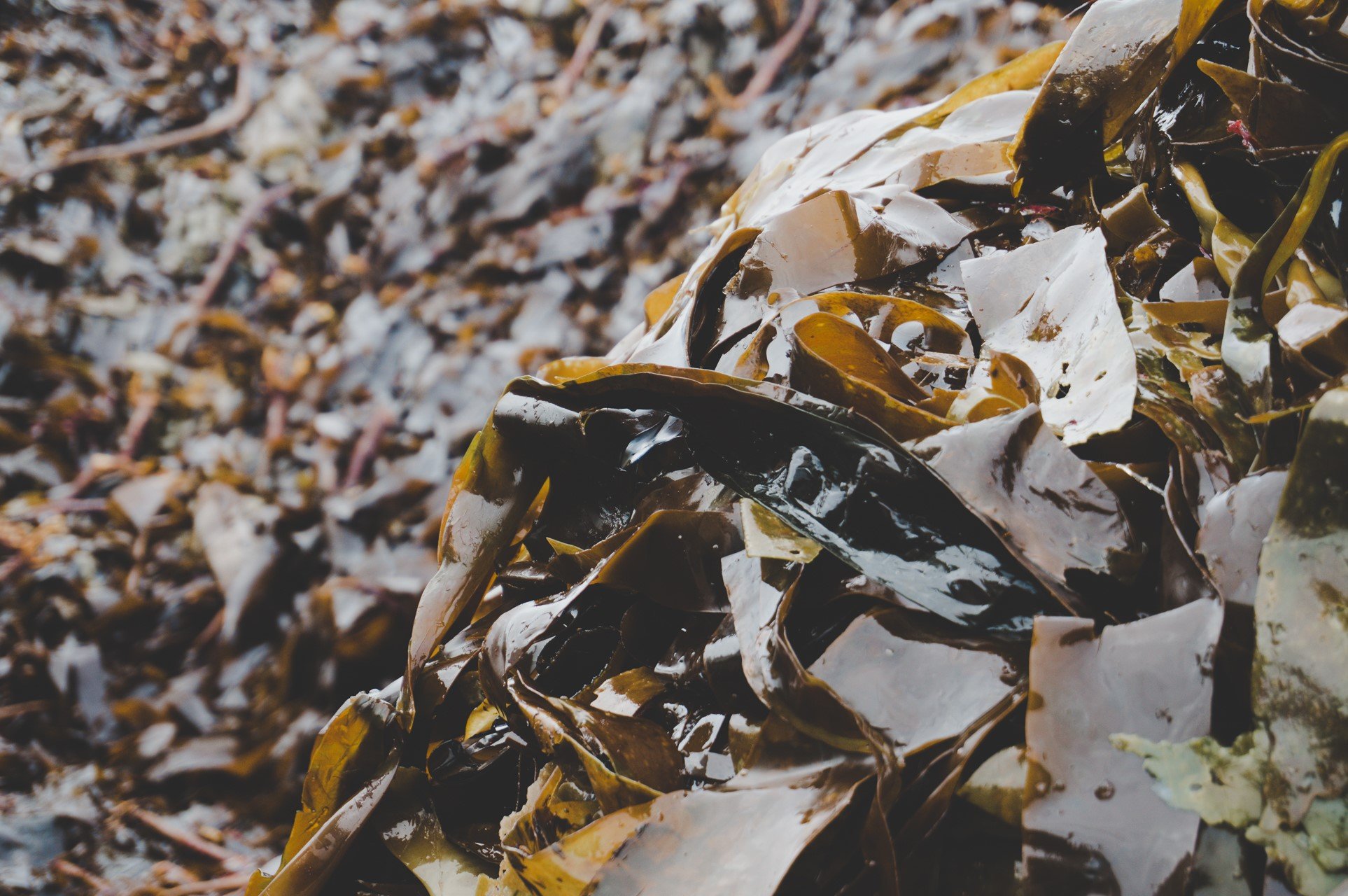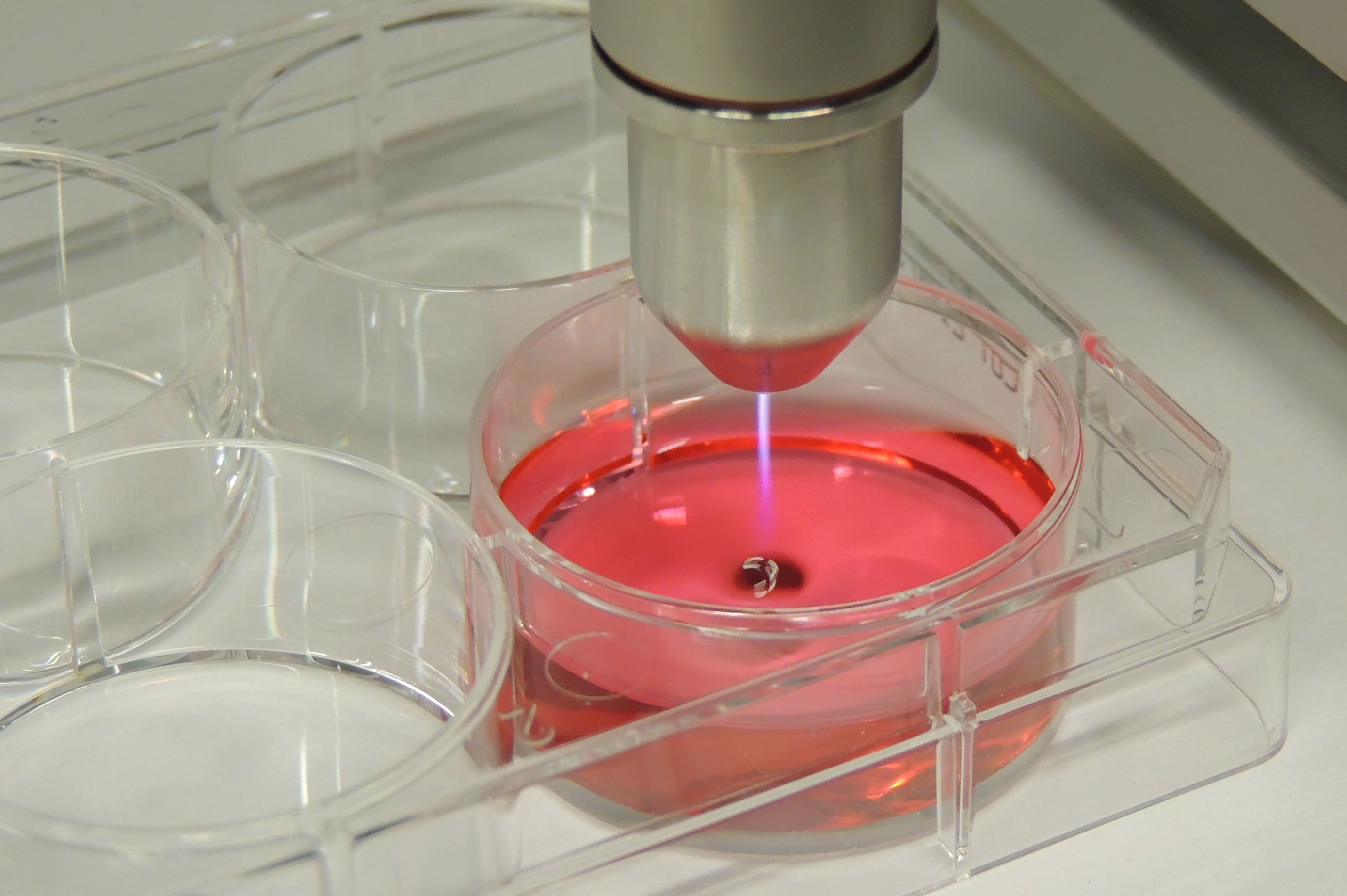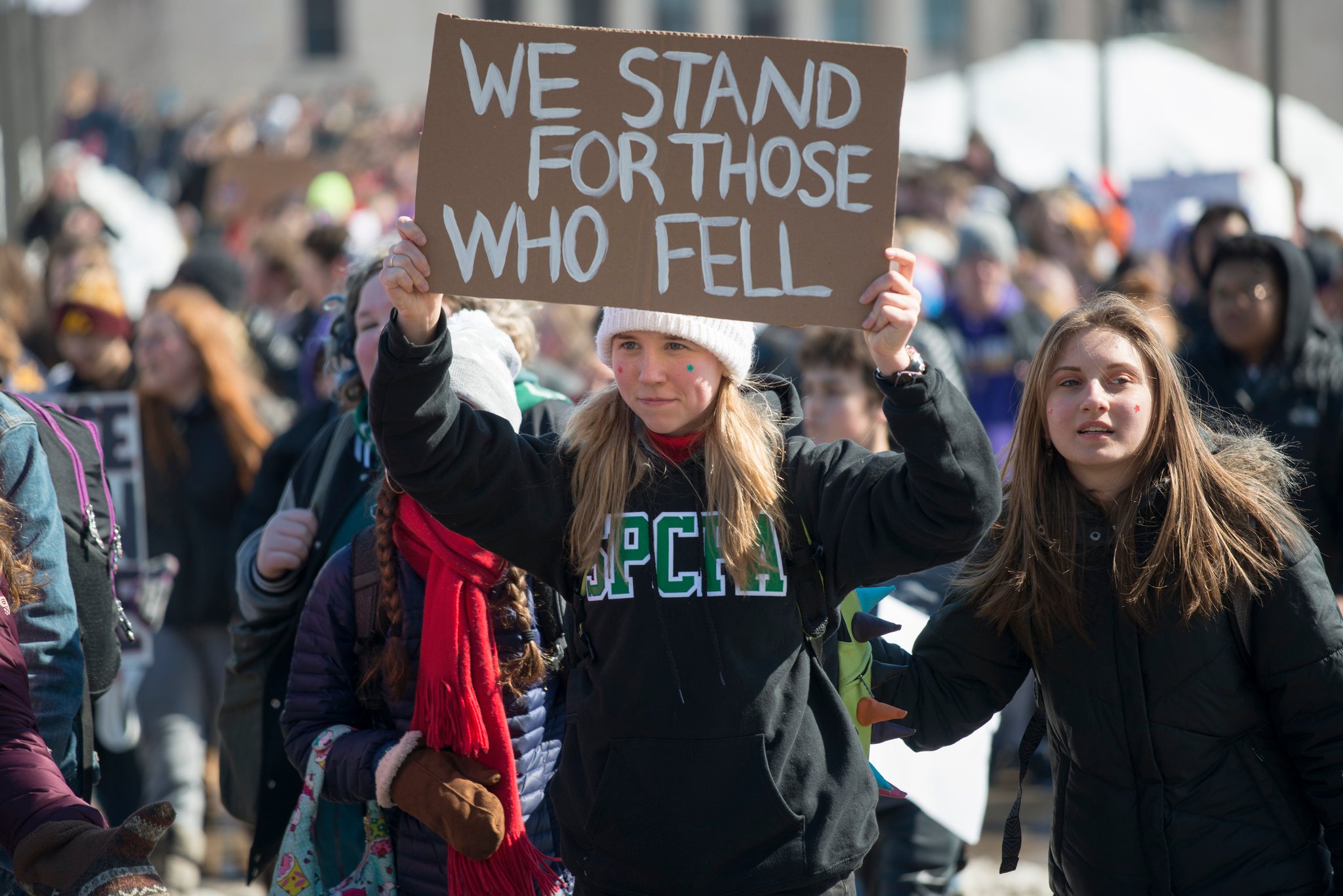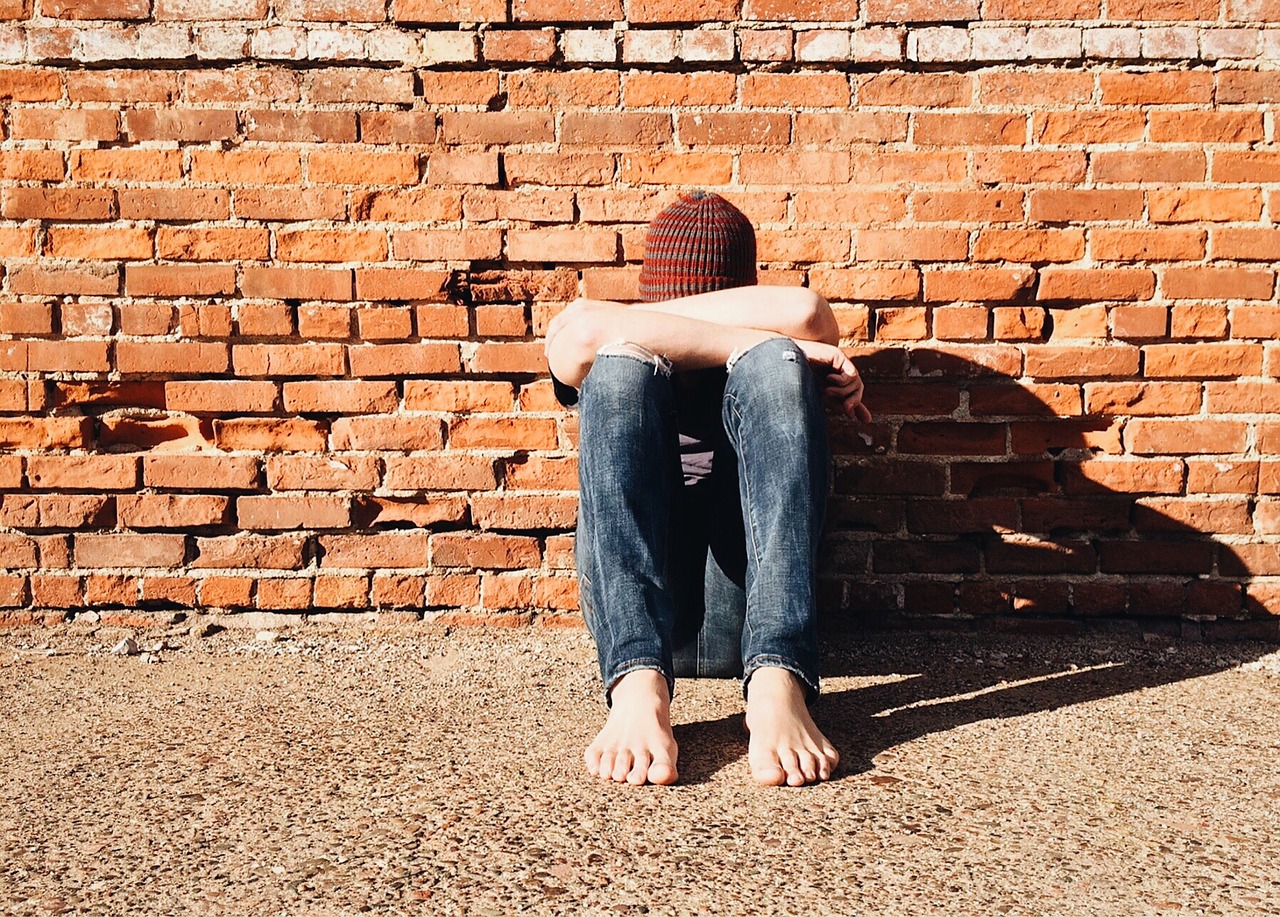Seaweed coffee cups could help ditch single-use plastics
A significant amount of the single-use plastics that we use ends up in our oceans. As people increasingly ditch these plastics, seaweed — also known as macroalgae — and microalgae could be the solutions to the world’s plastic food packaging problem. These are being used to develop everyday items, from edible water bottles to coffee cups to … Read more





